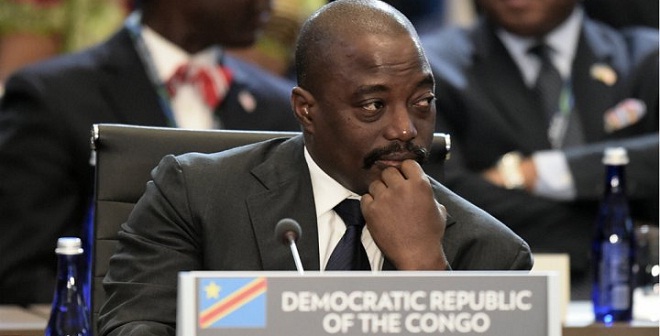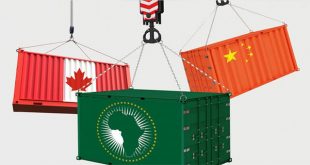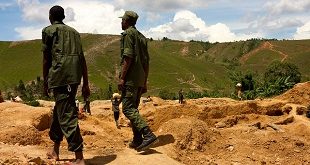
TSHIKAPA, DR Congo | AFP |“Before, we were able to go to work in any mine to dig for diamonds. But today, we’re all afraid of dying,” artisanal miner Banayi Ilunga says grimly.
Diamonds are the blessing of Kasai, a vast region of five provinces in Democratic Republic of Congo that in many ways holds the key to the country’s future.
To Ilunga, an 11-year mining veteran, the poorly regulated industry offers a lifeline — but in the past year, his hard-scrabble existence has become even tougher.
He has had to abandon the most profitable sites for the safety of mines close to the city of Tshikapa, where the pickings are slim.
But that is the price to pay for staying alive.
Kasai’s year of torment began on August 12, 2016, when security forces killed a local tribal chief, Jean-Prince Mpandi, who was at loggerheads with the state administration and posing a challenge to the rule of President Joseph Kabila.
The death of Mpandi — known by the tribal title of Kamwina Nsapu — and the failure to give him a funeral with rites befitting his status sparked an insurrection, which led to a brutal repression, in which civilians are paying a terrible price.
The Roman Catholic Church estimates that more than 3,000 lives have been lost, including those of two experts mandated to investigate the conflict by the United Nations.
On Friday, the UN gave details of more than 250 “extra-judicial or targeted killings” in Kasai from mid-March to mid-June, including dozens of children. About 1.4 million people have fled the atrocities, many of them to Angola.
In office since he succeeded his murdered father in 2001 while war wracked the nation, Kabila failed to stand down last year at the end of his final elected constitutional term.
A deal was cut by the regime and a minority within the opposition to hold elections by the end of 2017.
But whether the ballot can go ahead may well hang on what happens in Kasai.
– A million people cut off –
Astride the Kasai river weaving its way past palm trees, Tshikapa is home to a million people who are largely cut off from the rest of the world.
They live like a population under siege, for to take to the roads and waterways is to roll the dice with death.
“When the Kamwina Nsapu arrived here in mid-December, a whaler (a light transport vessel) and a speedboat of the provincial government were set on fire,” Mama Ngombe said, referring to a tribal militia of the same name as their leader.
“There is still disorder and killings of passengers.”
In July, the Association of Navigators of Kasai-Tshikapa (Anakat) temporarily suspended river traffic in protest at the insecurity. Navigation has since resumed warily.
The highways are especially dangerous, and people are advised never to travel alone but in convoy.
 The Independent Uganda: You get the Truth we Pay the Price
The Independent Uganda: You get the Truth we Pay the Price



